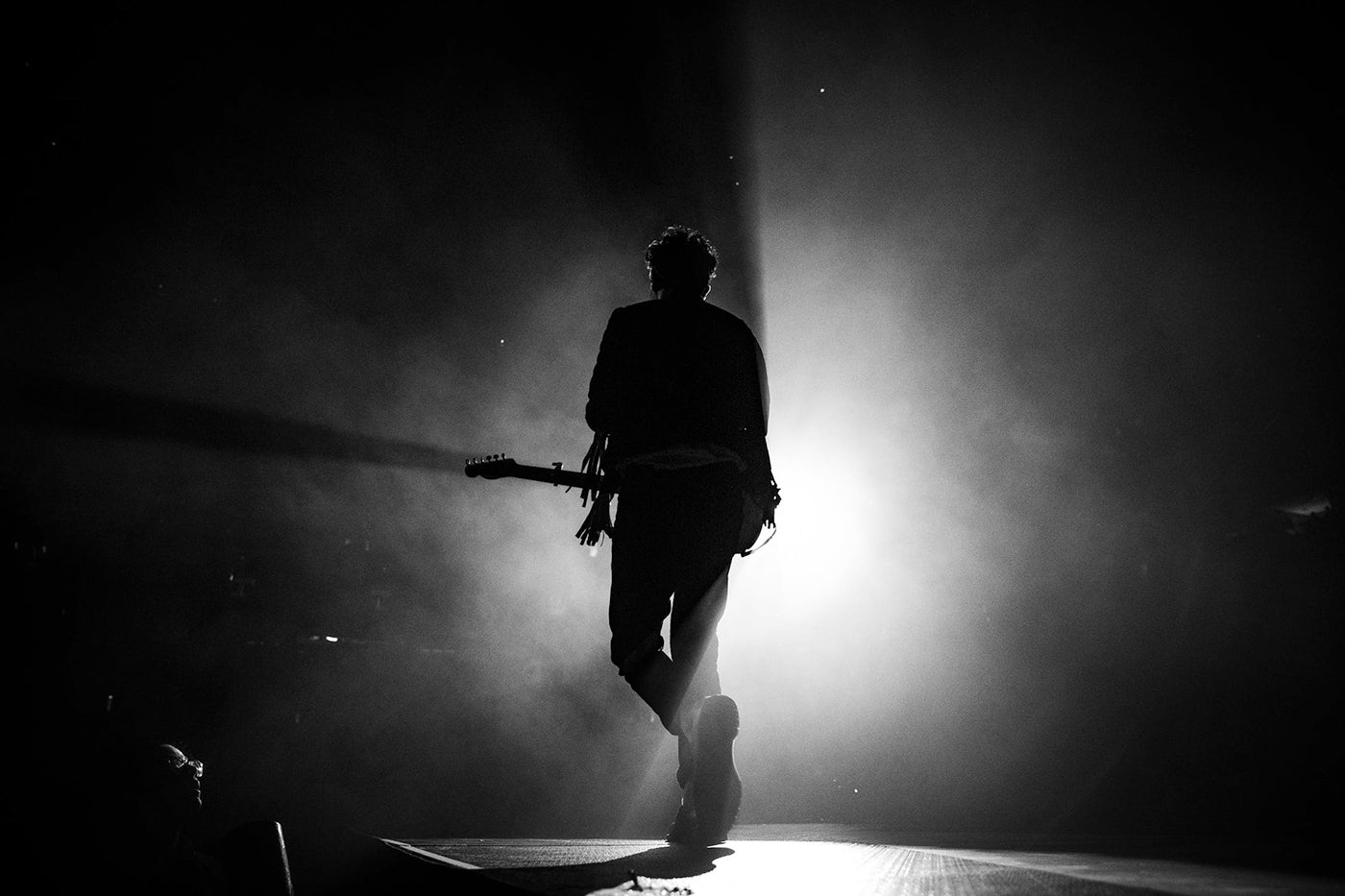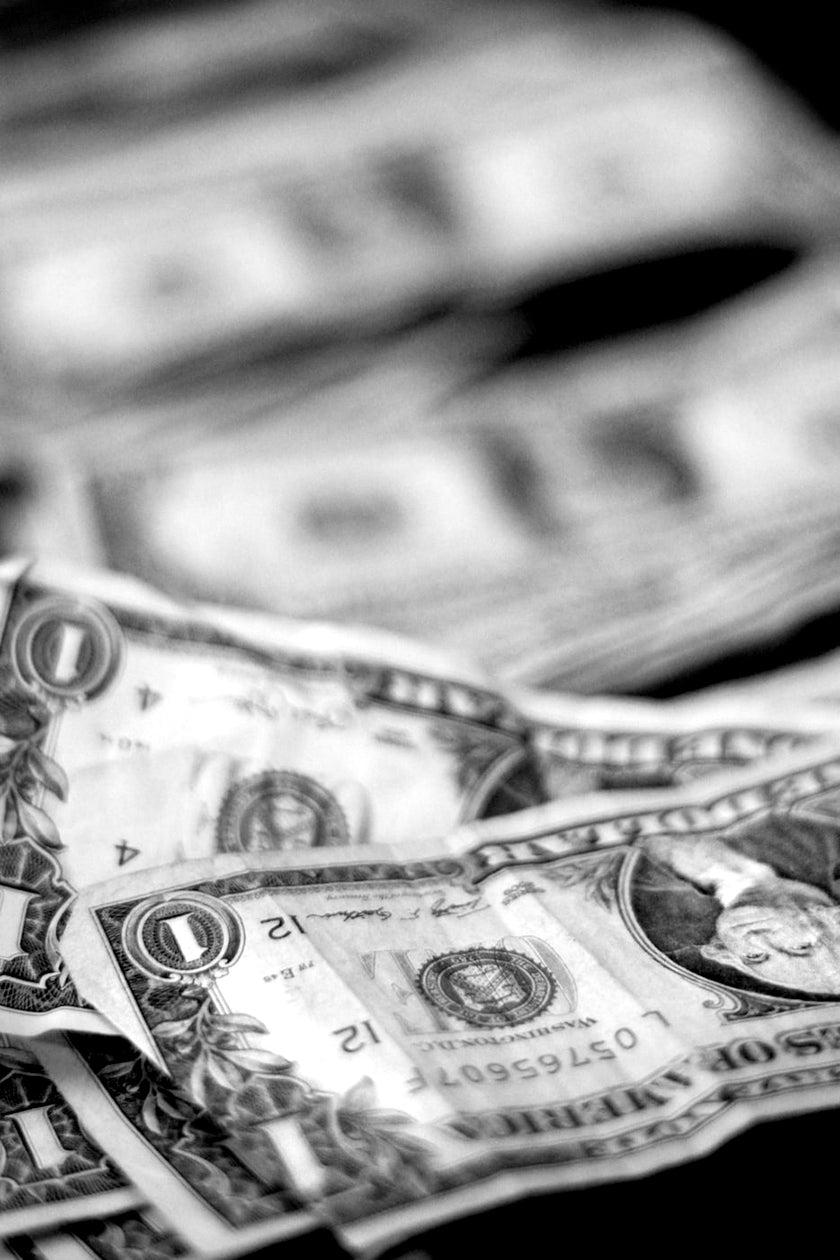Your Cart is Empty
Buy a book, plant a tree.
The making of scents and what ties our memories to individuals and locations

Scents tap into our deepest fears and desires with our sense of smell triggering unconscious memories and stirring up emotions more than any other sense we have. Which begs the question: what exactly do our deepest fears and desires smell like? From money and global warming to nightclubs and sex, it turns out that some of the fears, desires, and compulsions that wake us up in the middle of the night—or keep us up all night—have a very distinctive (and not always entirely pleasant) scent.
How do scents become associated with fame or nightclubbing? What lures individuals to the odor of money? Writer Karen Orton in The Essence examines the human sensory relationship with celebrities, money, dancing all night, and the internet.

The Scent of Celebrity
What do the hallowed halls of Hollywood smell like? Don’t believe the celebrity fragrance hype—many of the poster boys for male cologne are notorious for their insufferable body odor. “It’s character actors like Matthew McConaughey, Willem Dafoe, and Robert Pattinson who get into their roles, who have more of an odor about them” says Trey Taylor, the U.S editor of The Face who has written on the scent of celebrity. He cites a GQ story of Pattinson’s clothes having a “smell as he has recently purchased them off the back of someone less fortunate than he,” with the actor proclaiming that his body odor gets to the point “where even I can’t stand the air around me.”
McConaughey unabashedly says he hasn’t worn deodorant in 20 years, and when his co-star Kate Hudson brought deodorant to the set of Fool’s Gold and asked the actor to wear some, he refused. “His justification is bizarre,” Taylor says, “He said his mom told him that his natural smell was better than any deodorant that would mask that scent so that only the people who could stand to be around him would stay.”
Johnny Depp, Cameron Diaz, Adrian Grenier, and Bradley Cooper have also embraced the anti-deodorant lifestyle. “There’s this bizarre dichotomy with luxury fragrance brands that want to capture the bad boy persona of certain actors,” Taylor says, pointing to actors like Depp. “What lends to that bad boy persona is the idea that they don’t wash, to give the impression that they’re careless and risk-taking,” Taylor says, laughing. “Which is ironic because they’re trying to hawk fragrances they don’t wear.”
The Smell of a Nightclub
We go to nightclubs for many reasons, but not usually for the way they smell. The Club, a perfume created by American producer and DJ Daniel Fisher, aka Physical Therapy, evokes the smell of sweat, dirt, cigarette ash, urine, beer, cocktails, and semen, and its potent scent offers a clue as to why this hasn’t been a winning fragrance combination as of yet.
“I think people were taken aback by how strong the scent was,” Fisher admits. “I have some sealed bottles wrapped in layers of plastic in my closet, but occasionally I can still catch a whiff.” He custom-designed the fragrance together with Florian Ludwig, a Berlin-based graphic designer, and released it at an art event at Volksbühne Berlin in 2016.
“When you are at a club, generally the smells are overwhelming, which is a good thing—cigarettes, old beer, sweat, toilets, they smell disgusting.” The duo worked with the fragrance company Demeter and experimented with dozens of formulas, although they struggled with one ingredient. “The hardest to find was something that smelled like stale cigarette smoke. We ended up using birch tar oil.” consistently headlining clubs around the world and a regular at Berghain, Fisher is a qualified expert on the multi-layered scents of nightclubs—and when pressed as to what his favorite nightclub smell is, he’s quick to answer—“poppers.”

The Smell of Money
“Money takes something from everyone who uses it,” said perfumer Marc vom Ende after distilling the smell of the US currency. In an interview with the Wall Street Journal, he explained the process by which he analyzed new and used bills for their essence, putting them in an airtight container with charcoal to absorb the smell. Money takes its particular smell not only from the bills themselves, which consist of linen, cotton, and ink, but they also pick up smells from everything they come into contact with—whether leather wallets, sweat, cocaine, or the metal of a cash register. The longer a bill has been in use, the more “fragrant” it becomes. Vom Ende was commissioned to distill the odor of money by artist Mike Bouchet for an artwork called Tender, in which the smell was pumped into an empty gallery in New York, becoming a molecular “sculpture.” Metal coins, while not part of this project, have their particular metallic fragrance—a product of skin oil coming into contact with iron, resulting in a compound (1-Octen-3-one) that smells like fungus and metal—the smell we associate with loose change. Whilst in the position of VP of sales at Microsoft, Patrick Mccarthy decided to monetize the smell of money after reading that it encourages productivity, creating his and hers fragrance in 2011. Each $35 (€32) bottle incorporated $500 (€445) in shredded currency—and in a shrewd financial move on Mccarthy’s part, presumably, to sell the perfume, the smell of currency was offset by woodsy, herbal, and citrus notes, rather than the scent of leather wallets or cash registers.
The Smell of the Internet
The internet is rarely thought of as a place—but it is reliant on approximately a dozen huge data centers spread around the world, all of which share a similar smell. Whether the switch SUPERNAP in Las Vegas that serves 50 million Americans or the Kolos Datacenter in a small village in Norway that provides all of Europe with its internet, the biggest data centers in the world are integral to keeping an estimated four billion people globally online. And what does the internet smell like? “An odd but distinctive mix of industrial-strength air-conditioners and the ozone released by capacitors,” according to author and journalist Andrew Blum. His book, Tubes: A Journey To The Center of the Internet, took him around the world to the physical headquarters of cyberspace. The biggest internet exchange points in the world consist of a series of servers and metal pipes through which internet networks connect. Blum says that every center he went to had the same smell—an unusual and distinctive combination of burnt toast, the new-car smell of burnt plastic, and the clean, chlorinated smell of ozone. And while it’s an industrial scent that most of us wouldn’t be able to place, it offers a clue as to the huge requirements in resources and energy that our online world depends on.
Discover the world of scent, perfume, and fragrance through The Essence.